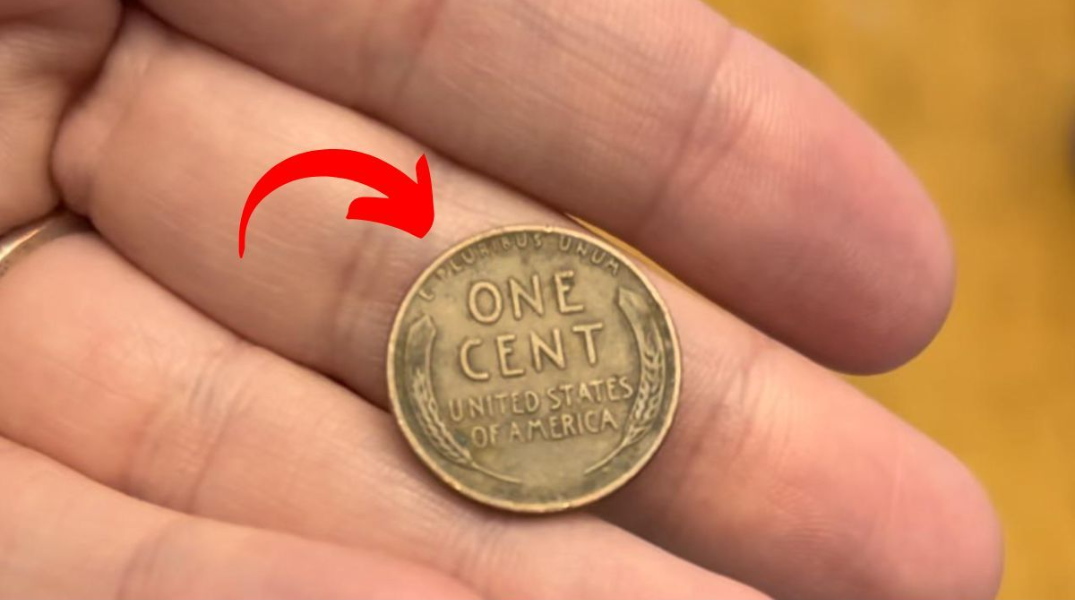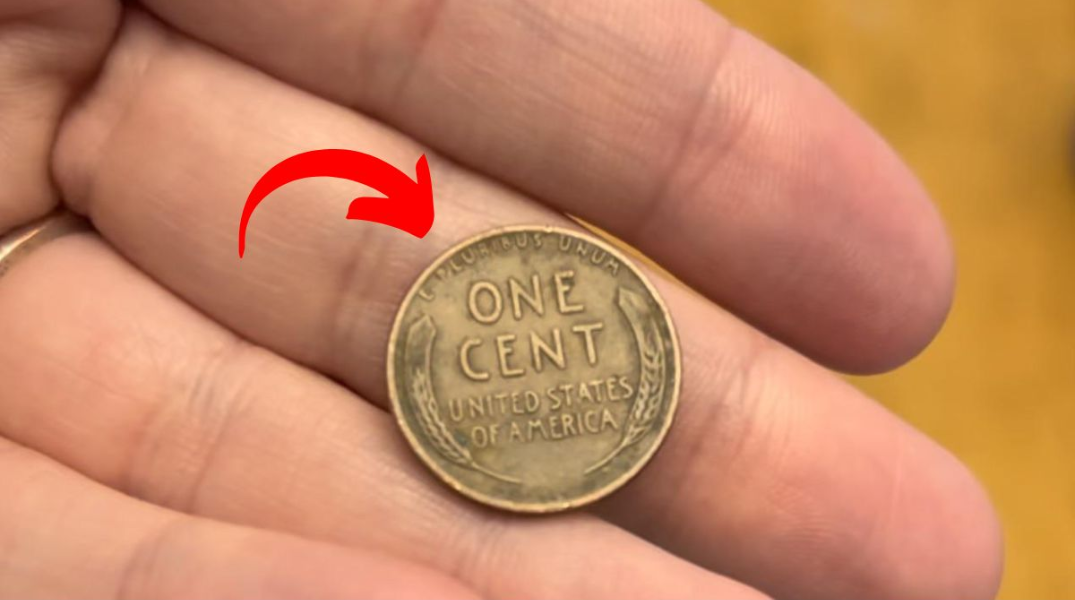The Head Start Food Reimbursement Program is part of a U.S. federal effort to support proper nutrition in early childhood education. Under the larger Head Start Program, this initiative ensures that children from low-income families receive healthy meals and snacks during the school day. Through partnerships with local providers and funding from federal food programs, Head Start centers offer meals that meet both nutritional guidelines and cultural preferences of communities.
This program plays a major role in promoting not only child development but also family well-being. When children eat healthy meals daily, they focus better in class, grow stronger, and develop healthy eating habits that last a lifetime.
What Is the Head Start Food Reimbursement Program?
The Head Start Food Reimbursement Program helps early learning centers recover the cost of meals served to children. These reimbursements come through the Child and Adult Care Food Program (CACFP), a federal program managed by the U.S. Department of Agriculture (USDA). Head Start agencies partner with CACFP to ensure children in their care receive nutritious meals without increasing costs for parents.
The program covers the cost of:
- Breakfast
- Lunch
- Snacks
- Special diet meals (when medically required)
All meals served under the program must follow strict nutritional guidelines set by USDA. These include proper servings of vegetables, fruits, grains, dairy, and protein, along with limited sugar and fat.
Why This Program Matters
Many children enrolled in Head Start come from households where healthy meals may not always be available. By providing free or low-cost meals, the program:
- Improves children’s physical health
- Increases school attendance
- Supports brain development and learning
- Reduces the burden on struggling families
- Promotes equality in early education
Children who eat well are more likely to stay focused, participate actively, and develop essential life skills. This early support can shape a child’s long-term academic success and health outcomes.
Who Benefits from the Program?
The Head Start Food Reimbursement Program benefits:
Children
Children aged 0–5 years enrolled in Head Start and Early Head Start receive meals as part of their daily schedule. These meals support their growth, energy needs, and learning abilities.
Families
Families save money while knowing their children are receiving healthy, balanced meals every day in a safe and caring environment.
Providers
Head Start centers get reimbursement for the cost of food and kitchen operations, allowing them to focus more on education and care. These funds also help improve meal quality, kitchen safety, and staff training.
How the Reimbursement Process Works
The reimbursement system works like this:
- Meals Are Served: Head Start centers serve eligible meals that meet USDA guidelines.
- Records Are Maintained: Centers keep records of meal counts, menus, and attendance.
- Claims Are Submitted: At the end of the month, the center submits a claim to the state or USDA office.
- Funds Are Reimbursed: The federal government sends payment to cover meal costs.
Reimbursement rates vary based on meal type and income eligibility. Some meals are reimbursed at the highest rate (called “free rate”) if children meet specific income guidelines.
Nutrition and Learning Go Hand in Hand
One of the strongest parts of this program is that meals are tied to learning goals. For example, children may be involved in food preparation, learn about food groups, or practice table manners during mealtime. These small lessons help improve their motor skills, communication, and self-confidence.
Additionally, teachers and caregivers often model healthy eating habits, showing children how to enjoy a variety of foods. Meals are served in a family-style setting to promote sharing, responsibility, and positive interactions.
The Head Start Food Reimbursement Program is more than just a meal service—it’s a lifeline for many young learners. By ensuring that every child in the program receives healthy and balanced meals, the program helps create a strong foundation for growth, learning, and lifelong health. It also eases the financial stress on families and improves educational outcomes for some of the country’s most vulnerable children. This initiative continues to be a powerful tool in the fight against child hunger and poverty in the U.S.
FAQs
What is the Head Start Food Reimbursement Program?
It is a federally supported initiative that reimburses Head Start centers for providing healthy meals to children from low-income families, through the USDA’s Child and Adult Care Food Program (CACFP).
Which children are eligible for free meals under this program?
Children enrolled in Head Start and Early Head Start programs, especially those from low-income households, are eligible to receive free or reduced-price nutritious meals.
What types of meals are reimbursed?
The program reimburses costs for breakfast, lunch, and snacks. It can also include special meals for children with medical or dietary needs, all following USDA nutrition guidelines.
How does a Head Start center receive reimbursement?
The center records daily meal counts and submits monthly claims to its state or USDA agency. Reimbursement is made based on the number and type of meals served and the eligibility of enrolled children.
Why is this program important?
It ensures children from low-income families receive healthy meals daily, supports early learning, improves health, and reduces financial stress on families.















